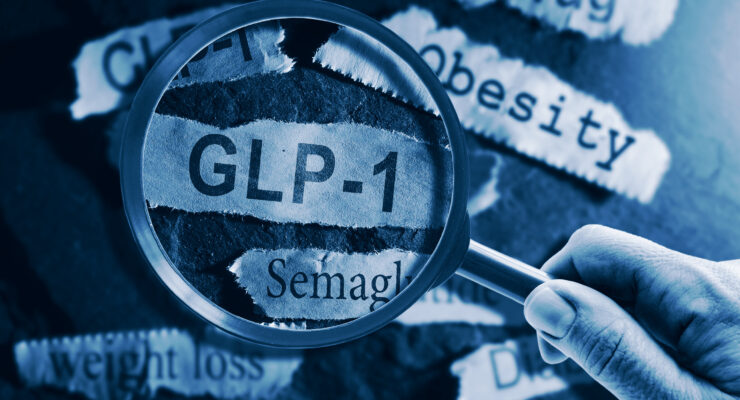How Much Coffee is Too Much Coffee?
Article posted in: Diet & Nutrition
Need a pick-me-up? Here’s one: Drinking coffee could be helpful to your health. That’s right, research suggests that the dark brew actually protects your health in a variety of ways, including helping you to achieve your weight loss goal. Here’s what the latest research says about coffee’s benefits and just how much you can drink:
Heart Guard
An analysis of 36 studies on the affects of coffee (involving about 1.2 million participants) published in the medical journal Circulation showed that regular coffee drinkers experienced a reduced incidence of cardiovascular disease, heart failure and stroke compared to subjects who did not drink coffee.
Cancer Protection
A 2007 study published in the journal Gastroenterology indicated that coffee drinkers are less likely to develop liver cancer and a 2009 issue of American Obstetrics and Gynecology included research linking frequent coffee consumption with lower rates of breast cancer.
Brain Booster
Drinking coffee could reduce the risk of developing Parkinson’s Disease, according to research published in the journal Geriatrics and Gerontology International. Even cognitive decline related to aging is slower in people who enjoy regular cups of joe, says a report in Advanced Nutrition.
Diabetes Deterrent
In 2014, the American Diabetes Association shared the results of a research analysis that concluded coffee consumption is “inversely associated” with the risk of a diabetes diagnosis.
Weight Loss Support
Coffee also can help people trying to shed excess pounds, according to a survey of research published in The American Journal of Clinical Nutrition. The weight loss benefits were found to be based on appetite suppression and a slight increase in calories burned after study subjects drank java. Coffee also speeds up fat metabolism, the researchers reported.
So how much coffee do you need to drink to get all of these benefits? The most common amount evaluated in all of this research is three to four cups per day, but at least one study reported no ill effects from drinking as much as 10 cups daily.
But before you start refilling your mug every hour, take note of a few critical cautions. First, high doses of the caffeine in coffee can cause anxiety, nervousness, irritability and sleeplessness. On the other hand, when you stop consuming large quantities of coffee, you may experience headaches, depression, drowsiness or fatigue. Also note that senior citizens who drink many cups of coffee each day are more prone to kidney stones than those who have just one or two cups a day.
Bear in mind that all of these research findings are based on the consumption of plain black coffee. An eight-ounce cup has just one calorie and no fat, which is why it is categorized as an unlimited Free Food for those on a Nutrisystem weight loss plan. Adding high-fat cream or sugary flavorings can very quickly turn a healthy habit into a nutritional mistake. To get all of the benefits with no unwelcome baggage, drink your coffee black or with fat-free milk only.












